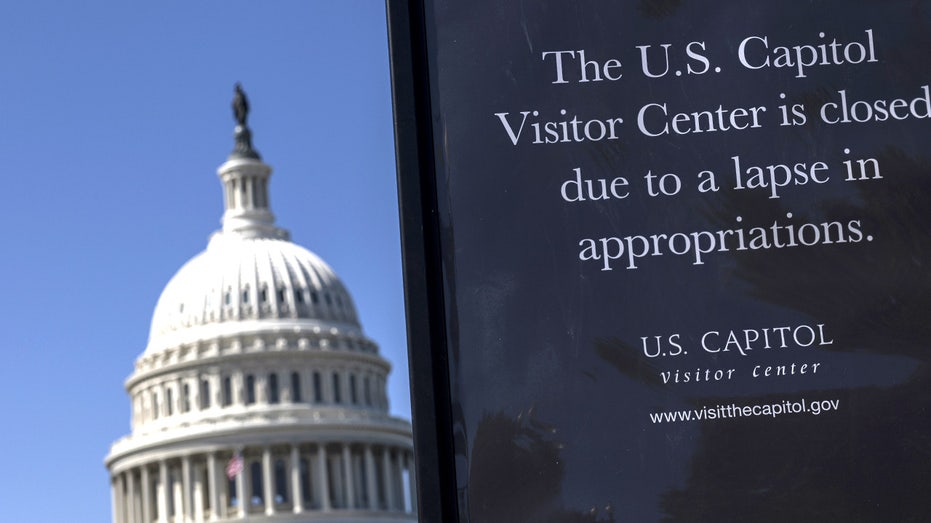A surprising consensus emerged this week, bridging a perceived divide within the political landscape. Scott Jennings, a conservative voice often standing alone on a prominent liberal network, publicly affirmed his complete agreement with Vice President JD Vance’s assessment of recent election results and the path forward for Republicans.
Vance’s initial thoughts were delivered directly to the public via a social media post, a concise yet pointed analysis of the situation. He cautioned against knee-jerk reactions to outcomes in traditionally Democratic states, instead laying out a three-pronged strategy for future success.
The core of Vance’s argument centers on voter engagement. He highlighted the ongoing efforts of groups like TPUSA and Scot Pressler to expand the electorate, acknowledging that the Republican base tends to be “lower propensity” – meaning they require more focused outreach to participate. Simply registering voters isn’t enough; turning them out on election day is paramount.

Beyond voter turnout, Vance emphasized a return to core economic concerns. He pointed to the positive impacts of the current administration’s policies, like decreasing interest rates and inflation, while acknowledging the long road to recovery from previous challenges. The focus, he argued, must remain on making a decent life affordable for all Americans.
Perhaps most crucially, Vance called for an end to internal squabbling. He framed the Republican agenda around tangible goals – affordability, immigration control, and a focus on domestic issues – and urged unity among those who share these priorities. The message was clear: division is a luxury they cannot afford.
Jennings echoed these sentiments, reinforcing the need for Republicans to concentrate on the cost of living and affordability for everyday citizens. He also pinpointed a critical weakness: the enthusiasm for a particular leader doesn’t automatically translate into votes when that leader isn’t on the ballot.
Jennings offered a vital perspective, reminding observers that these recent losses occurred in states reliably aligned with the Democratic party. He cautioned against overreaction, suggesting that a measured response and strategic adjustments are far more valuable than emotional outbursts.
The takeaway is a call for pragmatic action. While winning every election is the ultimate goal, understanding the nuances of each contest – and focusing on fundamental issues – is essential. These results weren’t a loss of core Republican territory, but a signal to refine strategy and strengthen engagement.





